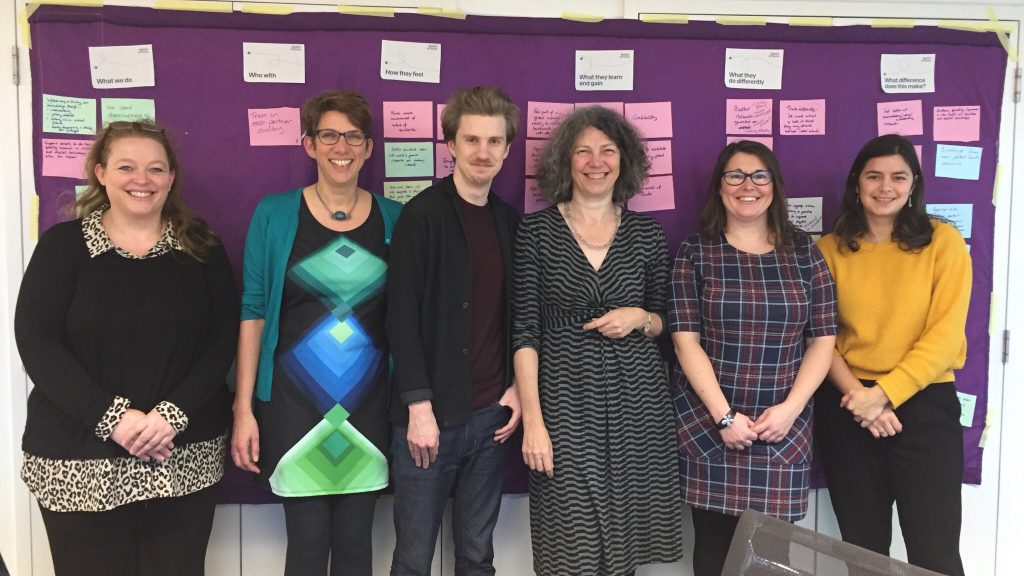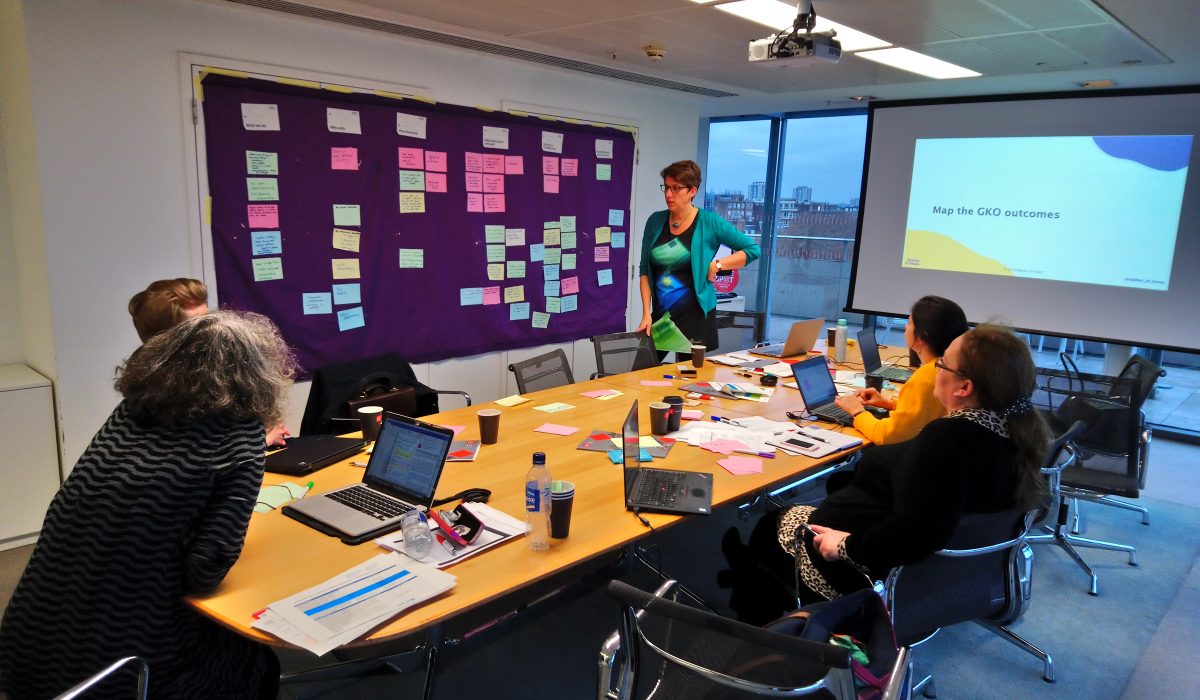 Since late 2016, the Global Kids Online network has surveyed over 15,000 children and 12,000 of their carers, marking it one of the most comprehensive studies on children’s and parents’ engagement with digital technology worldwide. Starting with a pilot study of four countries in 2015 (Argentina, Philippines, Serbia, and South Africa), the research has now extended to fourteen participating countries (including also Albania, Brazil, Bulgaria, Canada, Chile, China, Ghana, Montenegro, New Zealand, and Uruguay) and the network is still growing with additional countries preparing to join in 2019.
Since late 2016, the Global Kids Online network has surveyed over 15,000 children and 12,000 of their carers, marking it one of the most comprehensive studies on children’s and parents’ engagement with digital technology worldwide. Starting with a pilot study of four countries in 2015 (Argentina, Philippines, Serbia, and South Africa), the research has now extended to fourteen participating countries (including also Albania, Brazil, Bulgaria, Canada, Chile, China, Ghana, Montenegro, New Zealand, and Uruguay) and the network is still growing with additional countries preparing to join in 2019.
Since its inception, the network has been working on connecting the evidence with the ongoing international dialogue regarding policy and practical solutions for children’s well-being and rights in the digital age. The country partners have worked actively on exchanging knowledge of effective strategies for engagement with stakeholders and identifying ways to maximise research dissemination and impact. Following these efforts, there has been an increasing interest in demonstrating the outcomes from the work of the network for learning purposes and for demonstrating the value of the research investments so far. To address this, UNICEF Office of Research-Innocenti and the London School of Economics and Political Science (LSE) have commissioned an independently-verified impact case study of the Global Kids Online network aiming to validate and substantiate early emerging impact claims.
The impact case study
The study aims to evaluate and provide independent verification of self-reported emerging national and global research outcomes and impact from the collective activities of the Global Kids Online network. This draws upon specific evidence from four country research sites in Argentina, Bulgaria, Ghana and Uruguay, as well as a review of the activities of the research teams at LSE and UNICEF Innocenti, and the network as a whole. To capture emerging outcomes, the following broad areas are included as part of the analysis:
- The value and nature of partnerships within the project
This involves: researching the role of international and national academic and NGO partners; role of UNICEF country office staff; creation of new partnerships and alliances across academia, UN agencies, practitioners and government; whether the variety of these partnerships helped to maximise lesson-learning and knowledge exchange, capacity-development, cross-country data comparison; opportunities to improve these partnerships.
- Any added value of the Global Kids Online network’s operating model in terms of capturing learning for others and in enhancing the likelihood of research uptake and impact
This involves evaluating: the process and approach in terms of enhancing national ownership, accountability and capacity; empowerment, reputation and academic credibility; cross-national and international lesson-learning; advocacy and policy influence; opportunities for others to adapt and improve the network model.
- Validation of any early emerging claims of academic, conceptual, collaborative, capacity-building and policy impact including scale-up and spillover effects
Covering: adoption and implementation of the Global Kids Online methodology in other countries outside of the initial four pilot countries (Argentina, the Philippines, Serbia, and South Africa); changes in national legislation, national school curricula, public policies and new programmes resulting as a contribution from this project; enhanced academic research or debate; influencing national and international discourse and action plans; enhanced digital literacy amongst young people; attitudinal and behavioral change; invitations to participate in national advisory councils; leveraging co-funding and scale-up of investments from governments and other funders; opportunities to improve the nature and pace of research impact including any missed opportunities.
While it is likely to be too early in the research process to see substantial policy level impacts from Global Kids Online research, it is critical to start tracking emerging impacts to understand and improve pathways to influence over time. The impact case study aims to capture a ‘plausible contribution’ rather than ‘direct attribution’ to outcomes of interest, recognising that pathways of influence are complex to identify, as well as explore the impact of the research process itself. In the spirit of openness and transparency, but also for learning and improving, negative impacts and missed opportunities related to research uptake and impact will also be captured.
Working with Matter of Focus
Following an open call for proposals in October 2018 and an evaluation of all submissions, UNICEF Innocenti and LSE have commissioned Matter of Focus, led by Sarah Morton, to conduct the study. Matter of Focus specialises in knowledge to action and research impact, working with organisations and programmes to map, analyse and assess their outcomes and impact. An inception workshop was held in London at the end of November which detailed the proposed impact assessment methodology for the study, drawing upon an initial conceptual framework for defining impact developed by Global Kids Online (see more about the Global Kids Online Impact framework here). The team also carried out a strategic outcome mapping – a participatory process of setting out how the project activities seek to contribute to outcomes, using a framework for communication, learning, evaluation and reporting developed by Matter of Focus (see more here).
Thinking ahead
Matter of Focus will commence the fieldwork in January 2019 interviewing key stakeholders and country partners to capture more information about the impacts of the Global Kids Online network over the last three years. Global Kids Online will disseminate the study findings and the process-learnings, seeking to inform researchers, research funders, knowledge brokers and policy-makers, as well as those interested in child rights in the digital age and ICTs more broadly. Using the results, the aim is to inform priority-setting and funding decisions related to new research and initiatives, to improve capacities to apply new knowledge in policymaking contexts and to refine methodologies that capture holistic research impact.
Further useful resources
Impact tools of Global Kids Online
How can using our research make an impact?
Working on knowledge exchange and impact
An inception meeting with Sarah Morton (Matter of Focus)
Introducing the Global Kids Online impact approach and tools: Sonia Livingstone and Kerry Albright
You can sign up to receive the latest research news from Global Kids Online by email. Please forward this message to anyone you think may be interested.
Post author: Mariya Stoilova









